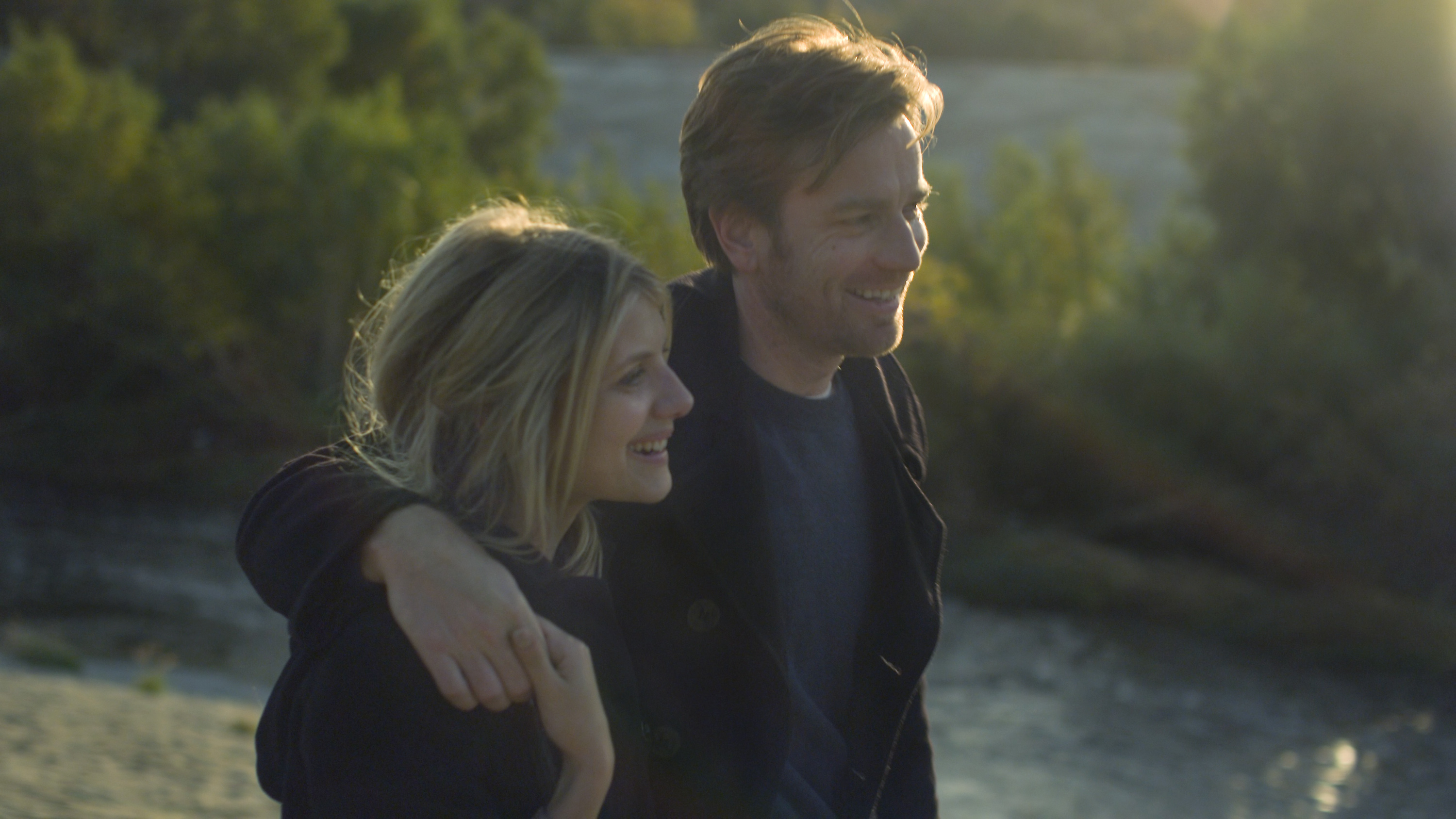Writer-director Mike Mills has an eclectic, if relaxed, approach to creativity. Beginners marks only his second foray into feature filmmaking while his past creative exploits are fecund with music videos, graphic artistry, shorts and documentaries, displaying only one other feature, 2005’s Thumbsucker. If it seems then that Mills hasn’t truly settled on a chosen medium it’s certainly fair to say that Beginners marks one of the peaks of offbeat romance cum unorthodox familial drama, if there is such a genre. And if there isn’t, Mills has cornered the market. Possessing an intimate heart and healthy wit, it galvanises bittersweet warmth through the uniqueness of its story and the strength of its performances.
Thirty something graphic designer Oliver (Ewan McGregor) is left to pick up the pieces after his septuagenarian father Hal (Christopher Plummer) dies four years after coming out as an out and proud gay OAP. Not merely having to come to terms with the central revelation of Hal’s character, Oliver struggles with childhood memories of the smiling facade of his mother’s false happiness and his father’s absence. His deficiencies in attachment are highlighted further after a chance meeting with the equally reticent but blithely charming Anna (Mélanie Laurent). At a party where he comically dresses as Sigmund Freud he chooses to spend his time analysing fellow revellers (including the Wicked Witch of the West) rather than musing on his own emotional malfunctions.
Mills evidently knows the story well. And indeed it’s semi autobiographical with the principal relationship of Oliver and Hal directly lifted from the pages of Mills’ own experiences with his father. He coherently guides three overlapping narratives, which could have become both muddled and tiresome, and a blitz of gay rights history lessons to deftly unravel a wider story. Locating the revelatory nature of Oliver and Hal’s renewed understanding of each other in a broader context of the homosexual movement; Mills evokes a notion that life and love can be two things that are at once very close and very far apart. And moreover that it is the period in which we live in now that has given rise to Hal’s ebullient emancipation.
Just like the period collages that Mills utilises sporadically to give context to his chronologically disparate narrative elements, Hal’s revelatory emotional vocabulary is very much a part of our period, rather than specific to any singular generation. Rampant liberalism emerges from Hal’s new found emotional and physical freedom with (in one particularly funny scene) Hal even attempting to re-write Jesus’ death because it’s just “too violent”. Behind the milk box cartoons and TV adverts that illustrate the imposed perfect reality of the nuclear family lies a wealth of human diversity where a newly out OAP can romance a charmingly enthusiastic gay toy boy, Andy (Goran Visnjic).
At its core it’s a deeply affecting father and son relationship piece that plays out in both comical and heart wrenching turns. As Hal grows ever closer to death he becomes ever more alive, helped along by the attentiveness of his sons care. And after he’s gone Oliver very literally carries his memory around with him through the presence of Hal’s orphaned ‘talking’ Jack Russell, Arthur, who serves as a projector for Oliver’s deepest hopes and fears. In a bittersweet irony Anna’s attachment to the dog, and thus the physical representation of Hal’s memory, is a constant presence that keeps her and Oliver together. In this way he learns to overcome those issues which have plagued his own relations by taking his father as an example of seizing the time he has. In a beautifully poetic way each is helping the other to live. Hal’s nurturing of Oliver – in essence enacting decades on the relationship they never had earlier in life – bleeds itself into the nostalgic childlike romanticism of Oliver and Anna’s burgeoning love, showing that indeed life can begin again at any time.
This is a wonderfully charming, beautifully heartfelt and evidently personal journey in filmmaking; perhaps serving as a means of psychological pacification for Mills himself as it feels truly insightful rather than at any point self-indulgent. Its small touches such as displaying the fluidity of clothing in an emotive memory or Oliver’s urging Arthur that he must “go and be with his own people” merge with fantastic performances (especially from a complex and understated McGregor) to truly create something that will stay with you.






